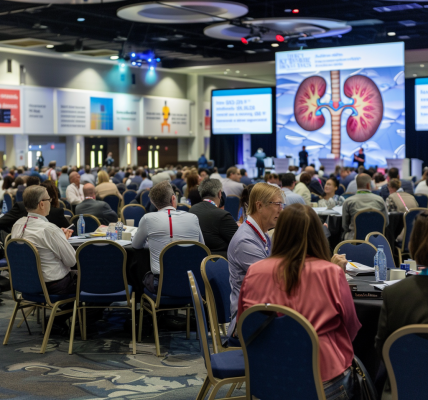Woman with Irregular Heart Rhythm Concerned About Prolonged Waiting Times for Treatment in Scotland
A woman with an irregular heart rhythm has shared her concerns about the prolonged waiting times for treatment, fearing that she may suffer cardiac failure amid the record waiting times for cardiology services in Scotland. Angela Kenny, 57, from Clackmannanshire, was diagnosed with atrial fibrillation (AF) in 2020, and after experiencing a relapse in September 2023, she was informed that the procedure she required could take up to nine to ten months to be scheduled.
Due to the waiting period for treatment, Ms. Kenny, who works as a care assistant at a hospital in Forth Valley, has been unable to return to work. Her personal anxiety is compounded by her family history of heart problems, with her father passing away from a heart attack at the age of 39, and her sister having an internal defibrillator fitted following a cardiac arrest.
The British Heart Foundation (BHF) report revealed that the number of people on cardiology waiting lists in Scotland is at an all-time high. It also highlighted concerning statistics, indicating that only about three in 10 people in Scotland receive an echocardiogram within six weeks, and less than half of those referred for treatment see a cardiologist within 12 weeks. Additionally, over 1,200 individuals have been waiting for more than a year for the test, which can aid in the early detection of certain heart diseases.
Tragically, in 2022, over 18,000 people in Scotland lost their lives to heart and circulatory diseases, marking the highest number of deaths since 2008. David McColgan, head of the BHF, attributed these distressing figures to the chronic underinvestment in cardiology services, emphasizing that the current funding falls short of what is necessary to address the escalating cardiac health challenges in Scotland.
Despite the Scottish government’s investment of £3m ($3.8m) following the issuance of two heart health action plans in 2014 and 2021, Mr. McColgan stressed that this allocation is insufficient to meet the growing demand for cardiology services. He underscored the human impact behind these statistics, highlighting the profound emotional toll on families grappling with grief, loss, and anxiety due to inadequate access to timely cardiac care.





